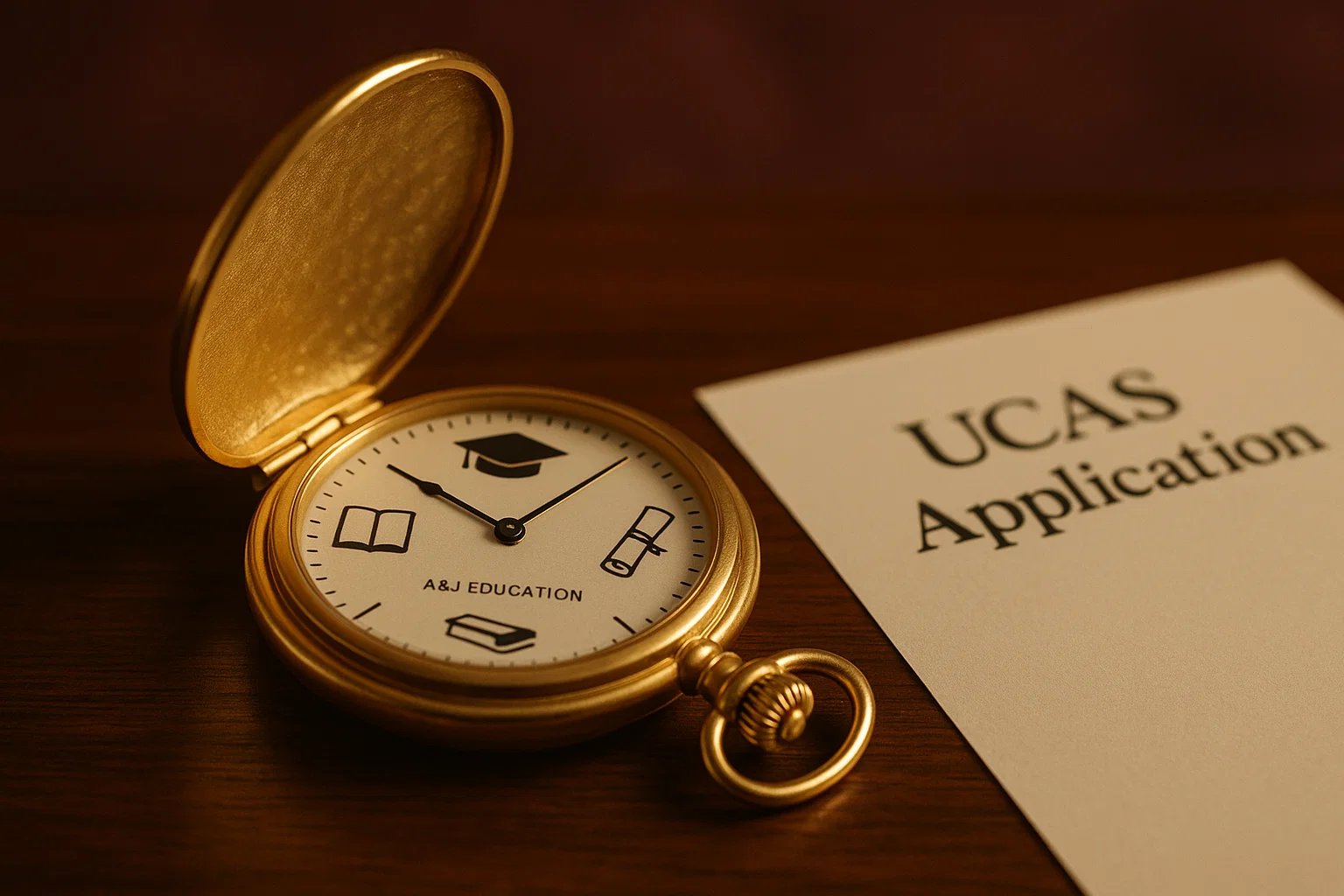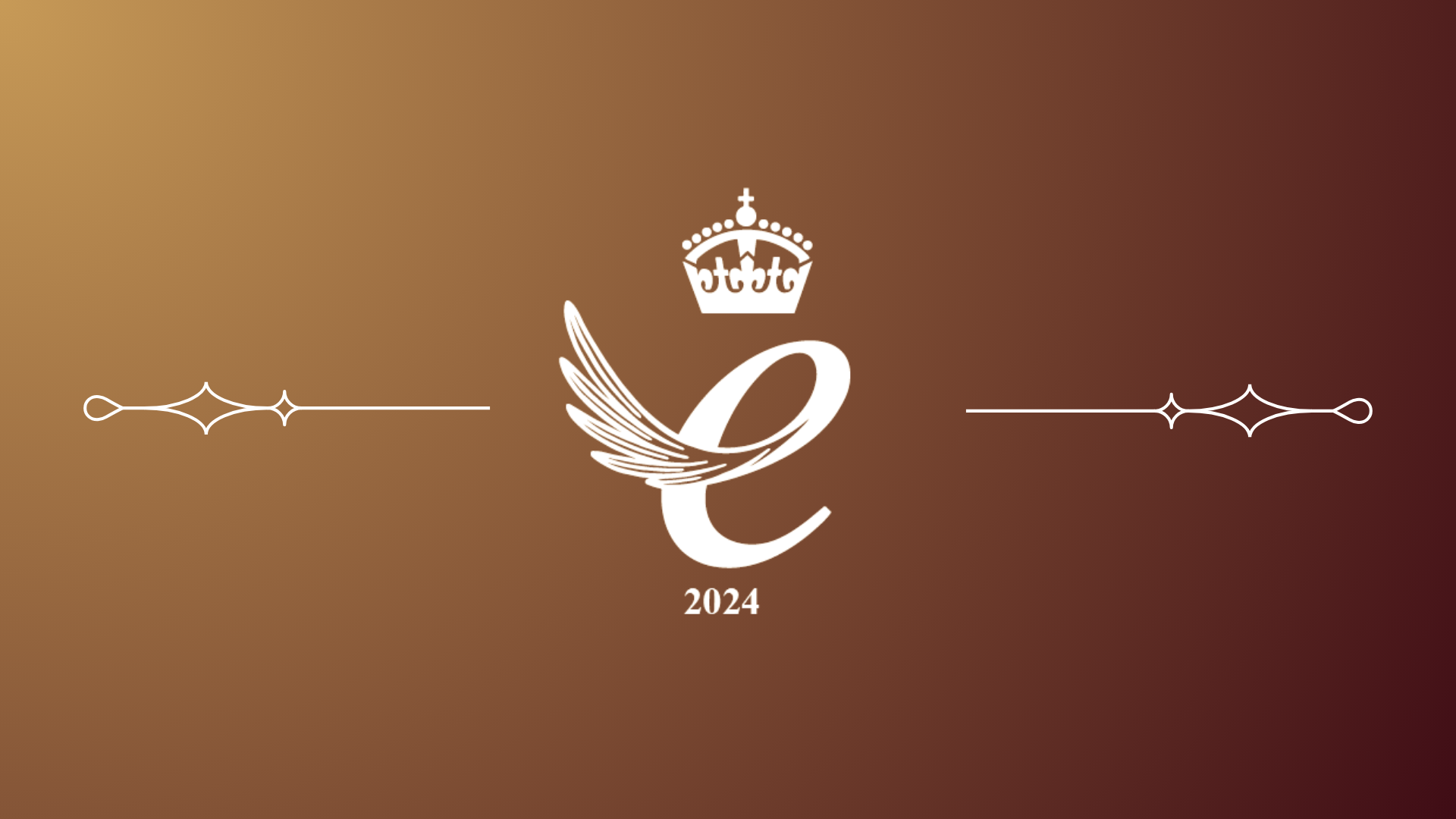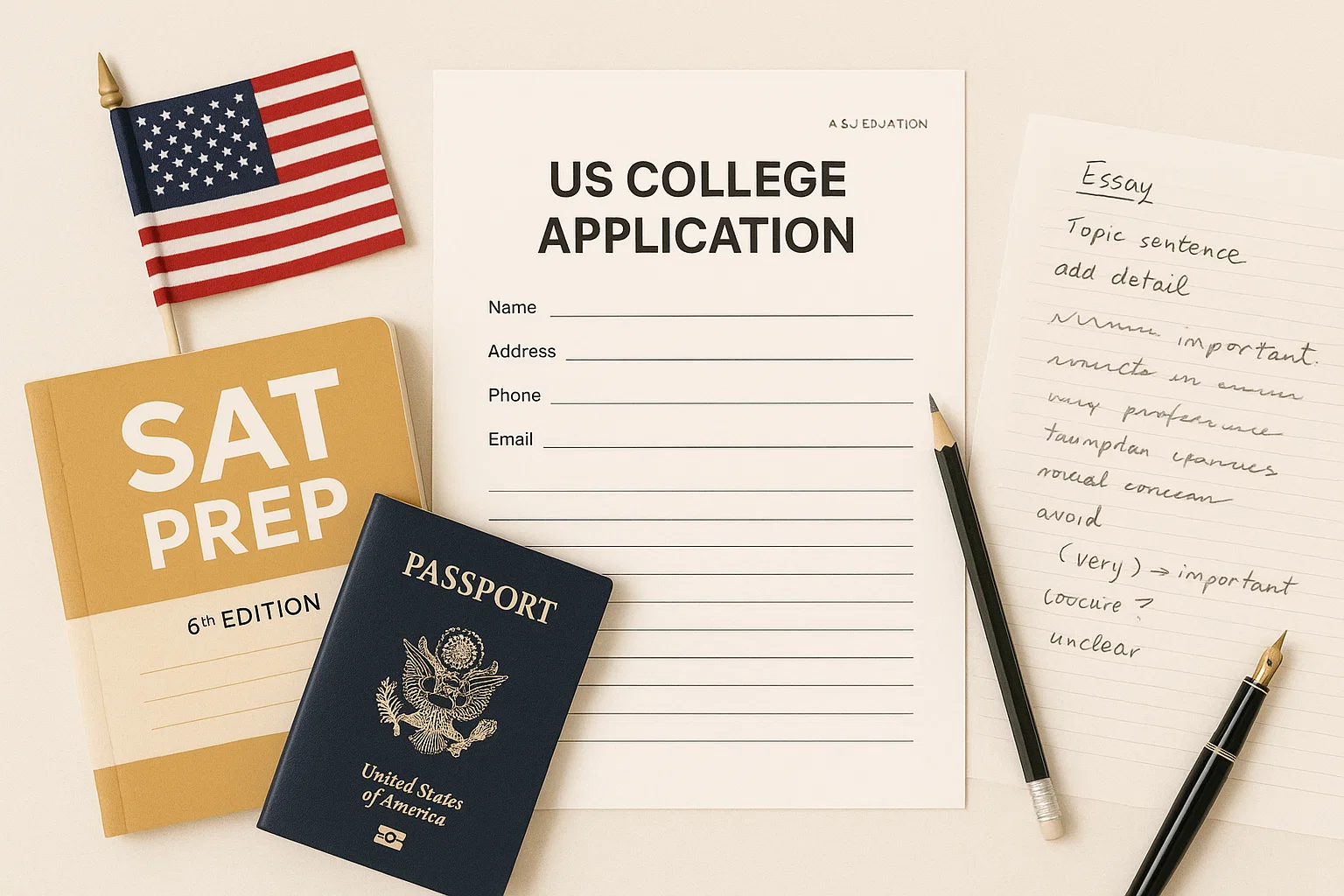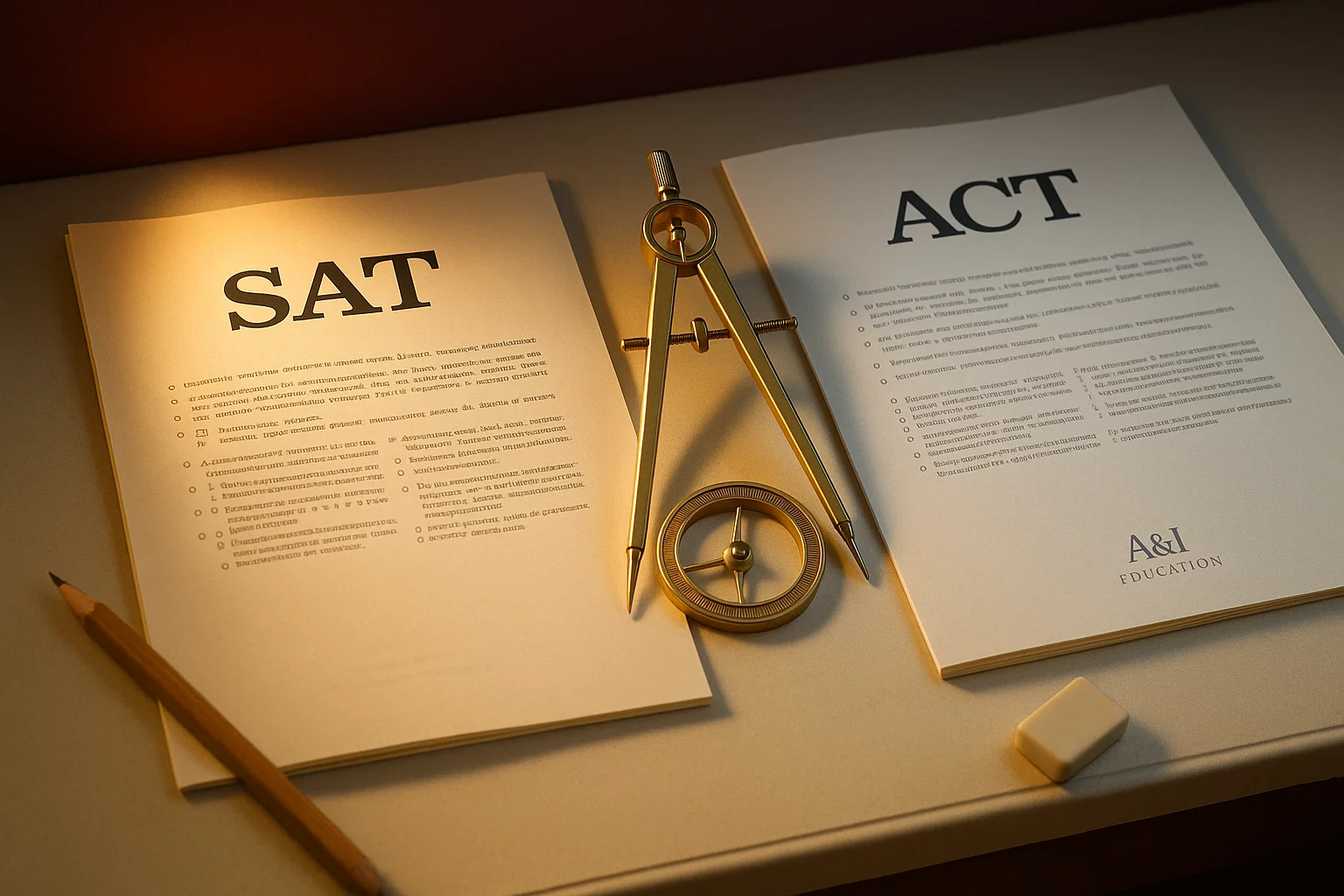
How to Craft a Compelling US Personal Statement for University Applications
June 26, 2025
The US personal statement, often interchangeably referred to as the Common App Essay or personal essay, is a vital part of your university application. It's a singular chance to introduce yourself to admissions committees beyond your academic records and test scores, allowing them to grasp who you are and what you stand for. In the realm of "holistic admissions," where universities aim to understand candidates as individuals, your personal statement can influence a significant portion of the admissions decision—with some experts estimating it accounts for 10 to 30 percent.
Here's how to write an insightful and memorable US personal statement:

Begin Early and Embrace the Revision Process
- Time is your ally: Start writing months before the deadline, ideally during the summer when the Common App releases the available prompts. This generous timeframe allows for ample brainstorming, drafting, and critical reflection.
- Multiple drafts are crucial: Expect to write several drafts, potentially three to six, to refine your ideas and language. Harvard Summer School advises setting your essay aside for a few days before revisiting it to gain a fresh perspective.
- Read aloud: This simple yet effective technique can immediately reveal awkward phrasing, overly long sentences, or an inauthentic tone.
- Seek feedback wisely: Ask one to three trusted individuals, such as an English teacher, counsellor, or advisor, to review your essay. Their constructive criticism is for your benefit. However, remember that your authentic voice should shine through; avoid allowing others to over-edit it to the point where it no longer sounds like you. Parents, in particular, should avoid being too "handsy" with their children's essays, as admissions officers can discern when the guiding force isn't the student.
Choose a Topic That Resonates with You
- Be authentic: Select a topic that genuinely matters to you and is consistent with who you truly are, as readers can sense inauthenticity. Avoid using overly flowery language or choosing an inconsequential topic that reveals little about you.
- Focus on you: The personal statement should be a personal account, offering insights that admissions counsellors wouldn't find elsewhere in your application. It's your opportunity to articulate the qualitative aspects of yourself. Admissions officers want to know "what makes you tick" and what you've learned from your experiences.
- Show, don't tell: Instead of merely listing accomplishments or character traits, use specific anecdotes, experiences, and descriptive scenes to illustrate who you are. For example, rather than stating "I am thoughtful," describe a moment where your thoughtfulness was evident. Reciting a list of activities is often boring for admissions officers, who are interested in the arc of your emotional journey.
- Embrace vulnerability and emotion: Showing emotion and being vulnerable, such as acknowledging past struggles or insecurities, can make your story more relatable and demonstrate maturity and self-awareness. However, there's a fine line between showing emotion and exaggerating for dramatic effect; admissions officers can usually tell the difference.
- Don't repeat yourself: Avoid rehashing information already presented in other parts of your application, such as your activities list. Your personal statement should tell admissions officers something new about you.
- Brainstorm first, then pick the prompt: The Common App prompts are intentionally broad, allowing for a wide range of topics. Focus on brainstorming your best stories and significant experiences first, and then decide which prompt your essay best fits. Admissions committees have no preference for which prompt you choose.
- Simple can be powerful: Your topic doesn't have to be world-changing or involve overcoming incredible adversity. Everyday experiences can be just as compelling if conveyed with genuine insight. The success of your topic almost always lies in the delivery.
- Identify tension and growth: A strong topic often involves a point of tension, conflict, or challenge that allows you to demonstrate growth and change over time.
Structure for Impact
- Grab the reader from the start: Your opening sentence or paragraph should immediately capture the reader's attention. This could be a bold statement, a thoughtful quote, a question, or a descriptive scene.
- Establish a clear focus (thesis): The second paragraph, often called the "billboard paragraph" or "nutgraph," should clearly state the personal statement's main theme or "what the piece is about". This provides a roadmap for your reader and helps you maintain focus.
- Develop deeper themes: Go beyond mere descriptions of activities or successes. Admissions officers want to know "what makes you tick" and what you've learned from your experiences, whether positive or challenging. Show how experiences helped you develop as a person, leader, or community member.
- Create a narrative: Whether using a "Specific Experience Essay" (beginning with an anecdote and exploring its meaning) or a "Montage Essay" (connecting different aspects of yourself through a thematic thread), a clear story arc keeps the reader engaged.
- Connect past, present, and future: Show how a past experience influences you now and will continue to shape your thinking and aspirations in the future. This demonstrates personal growth and forward-thinking.
- End with a "kicker": A strong concluding line or paragraph can leave a lasting impression, bringing all your points together artfully. For example, a one-sentence ending can add "punchiness" to the writing.
Refine Your Voice and Style
- Use your natural voice: Write as you speak, in a polished version of your everyday language. Avoid trying to sound "too formal" or "too glib/casual".
- Avoid the thesaurus trap: Overusing complex vocabulary can make your writing feel forced and inauthentic. If it feels like you're trying too hard, you probably are.
- Be specific and factual: Ground your personal statement in real-life experiences and concrete details. Admissions counsellors are adept at spotting exaggeration or embellishment.
- Vary sentence structure: Mixing sentence lengths and structures can make your writing more dynamic and engaging.
- Humility is key: Present your experiences and insights without sounding like a "know-it-all". Show your capacity to find meaning in experiences, no matter how small they may seem to you.
- Conciseness: Be concise and coherent. Trim unnecessary words and ideas, and ensure your essay is organised. While there's no strict word limit, the Common App suggests around 650 words, and it's best to stay within that range to maintain reader attention.
Addressing "Why This College?" Essays (Supplemental Essays)
- "Why we are perfect for each other" not "Why them": Frame your response around the synergy between you and the institution, rather than simply praising the college.
- Research deeply: Go beyond surface-level information like rankings, size, location, weather, reputation, or well-known traditions (e.g., throwing toast at Penn). Instead, explore specific courses, professors, research opportunities, unique programmes, and clubs that genuinely resonate with your interests. Look for a syllabus to gain insight into a professor's teaching philosophy and course content.
- Connect specifics to yourself: Each time you mention a school-specific detail, explain how it connects back to your unique interests and aspirations. This demonstrates genuine interest and foresight.
- "Sprinkle salt": Mention opportunities or areas of study that you haven't had access to previously, highlighting your eagerness to explore them at the university. This shows you are "thirsty" for what the school has to offer.
- Contact the admissions office or current students: These interactions can provide unique insights and even allow you to mention specific conversations in your essay, showing proactive engagement.
- Avoid clichés: Phrases like "it just felt right" or "I can see myself in [school colours]" are overused and don't demonstrate genuine fit.
- Choose an approach: Consider strategies like listing a "bunch of reasons" (10-15 researched points), focusing on "3-5 unique reasons" (opportunities specific to that school), or the "one value" strategy (identifying a core value that links you deeply to the school).

By following these strategies, you can transform the daunting task of writing a US personal statement into an opportunity to present an authentic, thoughtful, and memorable portrait of yourself to university admissions committees. Good luck!

How the UK and US Personal Statements Differ
While both the UK and US personal statements serve the purpose of introducing the applicant to admissions tutors, they differ significantly in tone, structure, and focus.
In the UK, particularly through UCAS, the personal statement is academically driven. The emphasis is on why you wish to study the subject, how your academic background supports that choice, and what super-curricular activities (like wider reading, lectures, or competitions) have prepared you. It is formal, concise, and highly subject-focused. Emotional storytelling, personal struggles, and non-academic experiences are secondary — or even discouraged — for top academic courses.
By contrast, the US personal statement is more holistic and introspective. It invites you to explore personal identity, growth, character, and lived experience. Rather than just why you want to study, it asks who you are. The tone is often conversational, anecdotal, and reflective. A successful US essay might explore a family story, a moment of self-doubt, or a quirky passion — as long as it reveals depth, maturity, and self-awareness.
For students applying to both systems, recognising this contrast is crucial. The same essay will not work for both applications, and each requires a tailored approach.
Your US personal statement is one of the most meaningful pieces of writing you’ll produce during your school years. Done well, it offers a vivid glimpse into your values, personality, and how you make sense of the world — the qualities that don’t appear in transcripts or test scores.
At A&J Education, we work closely with students to refine not just the structure and content of their essays, but also the story behind the statement. From helping you brainstorm ideas that reflect your unique experiences, to guiding multiple rounds of revision that sharpen your voice without losing authenticity, we are here to ensure your essay resonates powerfully with admissions officers.
Whether you’re aiming for a liberal arts college, an Ivy League university, or planning a dual US–UK application strategy, A&J can help you present your story with clarity, sincerity, and strength.
.png)
Whether you’re aiming for a liberal arts college, an Ivy League university, or planning a dual US–UK application strategy, A&J can help you present your story with clarity, sincerity, and strength.
Navigating Global Admissions: A Comprehensive Guide to US vs. UK Personal Statements
The university application process, while universally aimed at identifying promising candidates, varies significantly across different educational systems. Among the most crucial components of any application is the personal statement, a unique opportunity for aspiring students to articulate their individuality and aspirations beyond academic transcripts and test scores. However, the expectations for this pivotal document diverge considerably between the United States and the United Kingdom, necessitating a tailored approach for applicants considering both destinations.


HEAD BACK TO STORIES
THIS HAPPENING




















.png)

